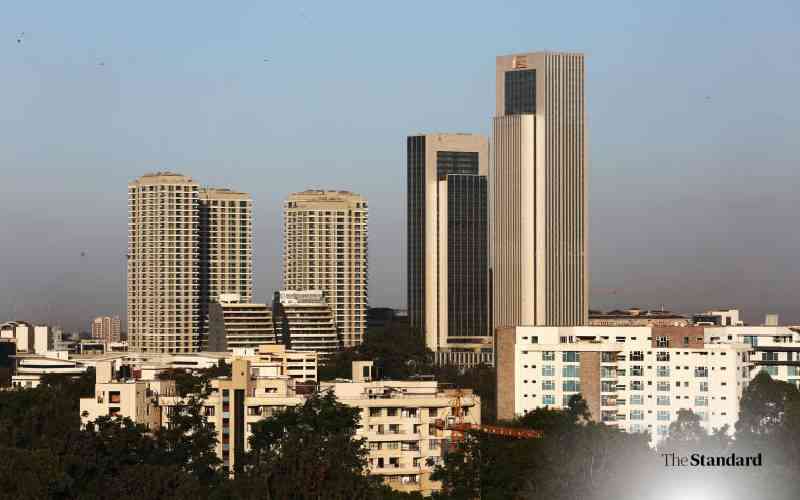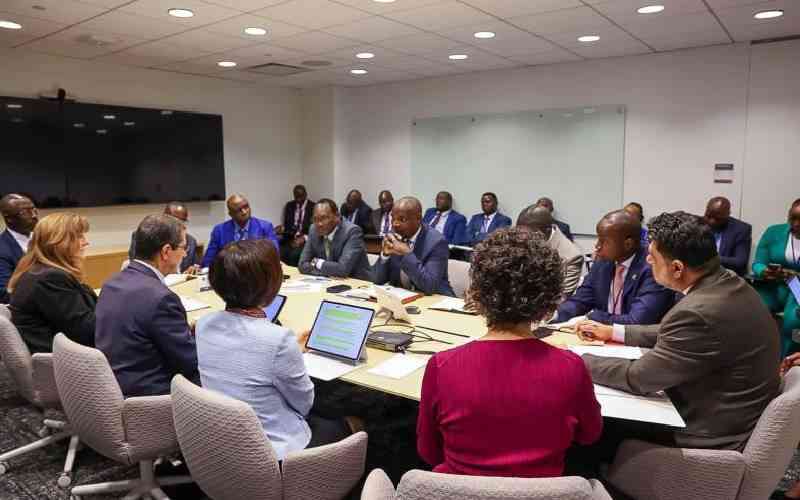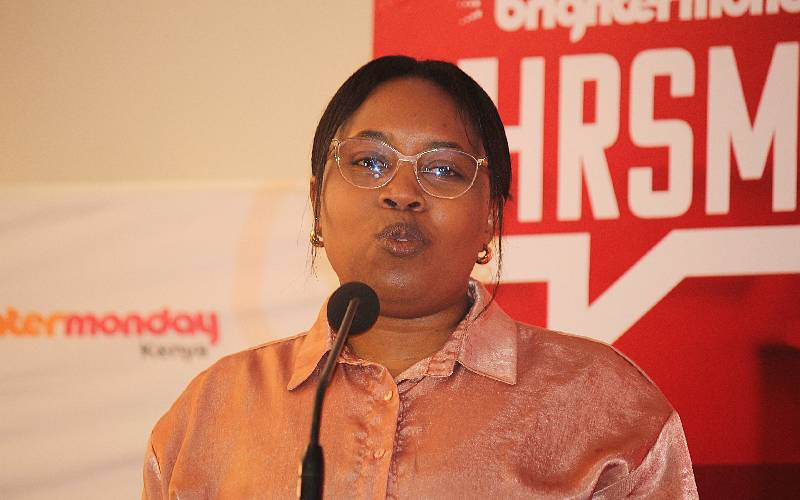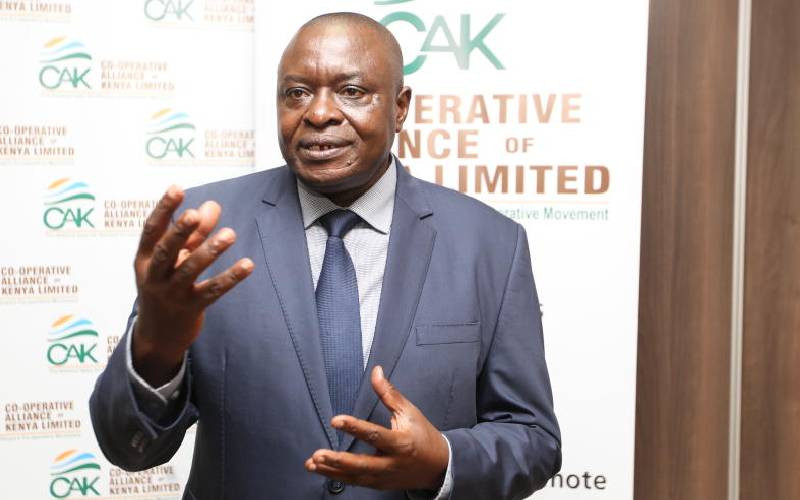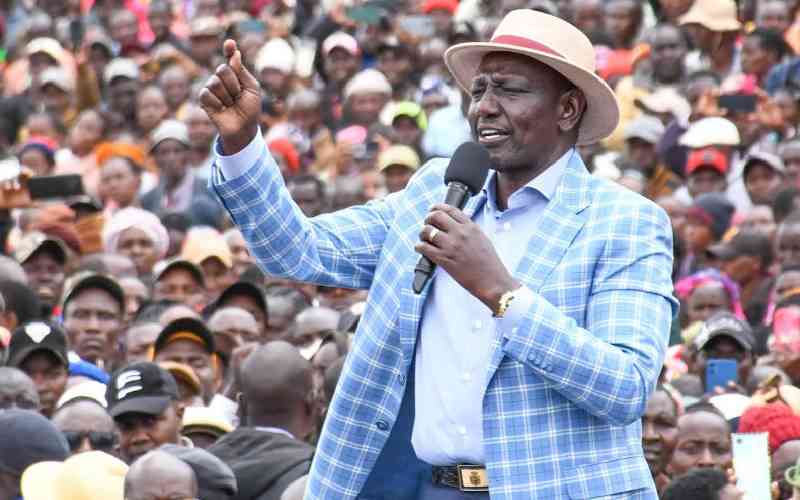
Sun Tzu’s The Art of War says, "If you know the enemy and know yourself, you need not fear the result of a hundred battles. If you know yourself but not the enemy, for every victory gained, you will also suffer a defeat. If you know neither the enemy nor yourself, you will succumb in every battle.” In his response to the “Ruto must go” call, the President seems to know his enemies and himself.
A closer listening reveals that his response is a call for opposition to go back to the drawing board. His reaction resonates with Langata MP Phelix Odiwuor aka Jalang’o’s sentiments in a recent interview that “Ruto’s return won’t be easy, but removing him will be even harder”. It is from this background that the Opposition should study President Willam Ruto’s line of thought.
Since 2013, the Opposition has consistently faltered in presidential elections, not due to a lack of passion, but rather a lack of strategy. They prioritise emotion, mass mobilisation, and political spectacle over actionable plans and clear, people-centred manifestos.
Despite cries of electoral fraud, the Opposition has on many occasions failed to mount a more visionary campaign than that of its competitors. For instance, in 2013, 2017, and again in 2022, rather than appealing to solutions, their campaigns relied heavily on name-calling, grievance politics, and political bravado. The result? Consistent electoral losses.
Now, facing the reality of a second-term bid by President William Ruto, the Opposition must recognise the challenge ahead. This is because dismantling the image of a leader who is elevating himself to be Plato’s Philosopher King who supposedly possesses strategic wisdom and moral clarity, will not be easy.
When Ruto responded to chants of “Ruto must go,” he didn’t merely dismiss them. He deconstructed the Opposition’s position. He flipped the script. His counter — “How do I go? Bring a better plan”— wasn’t just rhetorical defiance; it was a dare. He challenged his critics to match and surpass his political strategy and plan.
So, Ruto’s remarks laid bare the Opposition’s strategic vacuum. He said, “Develop a better plan than the one I have… You cannot replace the plan we have and are working with something you do not have.” This wasn’t just political theatre; it was a calculated projection of confidence, sharpened by his understanding of campaign dynamics, incumbency advantage, and electoral psychology.
It is often said that unseating an incumbent in Africa is a Herculean task. It is worth noting that Ruto’s access to State resources, visibility, and machinery gives him a clear edge. And he knows it. More importantly, he knows the Opposition knows it too. His rhetorical provocations, “Tell me how you want me to go”, reveal not insecurity, but a deep awareness of the Opposition’s lack of a credible roadmap. We ask, is he right?
There was also an element of reverse psychology at play in his utterance. By openly advising his opponents to “bring a better plan,” he simultaneously exposed their lack of initiative. Pride might tempt them to ignore his words, but such a move would be costly.
The Opposition must swallow its pride, introspect, and craft a practical, persuasive, people-first vision.
Furthermore, Ruto positioned himself not just as president, but as a statesman; measured, calm, and patriotic. While the Opposition aligns with protests that have at times led to destruction, he projected himself as a protector of national unity. His warning, “Don’t burn this country… Hate brings conflict, conflict brings violence… We don’t have another country”, underscored this image.
What can we tell the opposition? The path forward is simple, but not easy. To be taken seriously as contenders for power, they must present themselves not merely as critics, but as credible solution-providers. They must out-plan and out-think the very man they seek to replace. Anything less, and the story of 2013, 2017, and 2022 will repeat itself.
Dr Ndonye is the Dean of Kabarak University’s School of Music and Media
